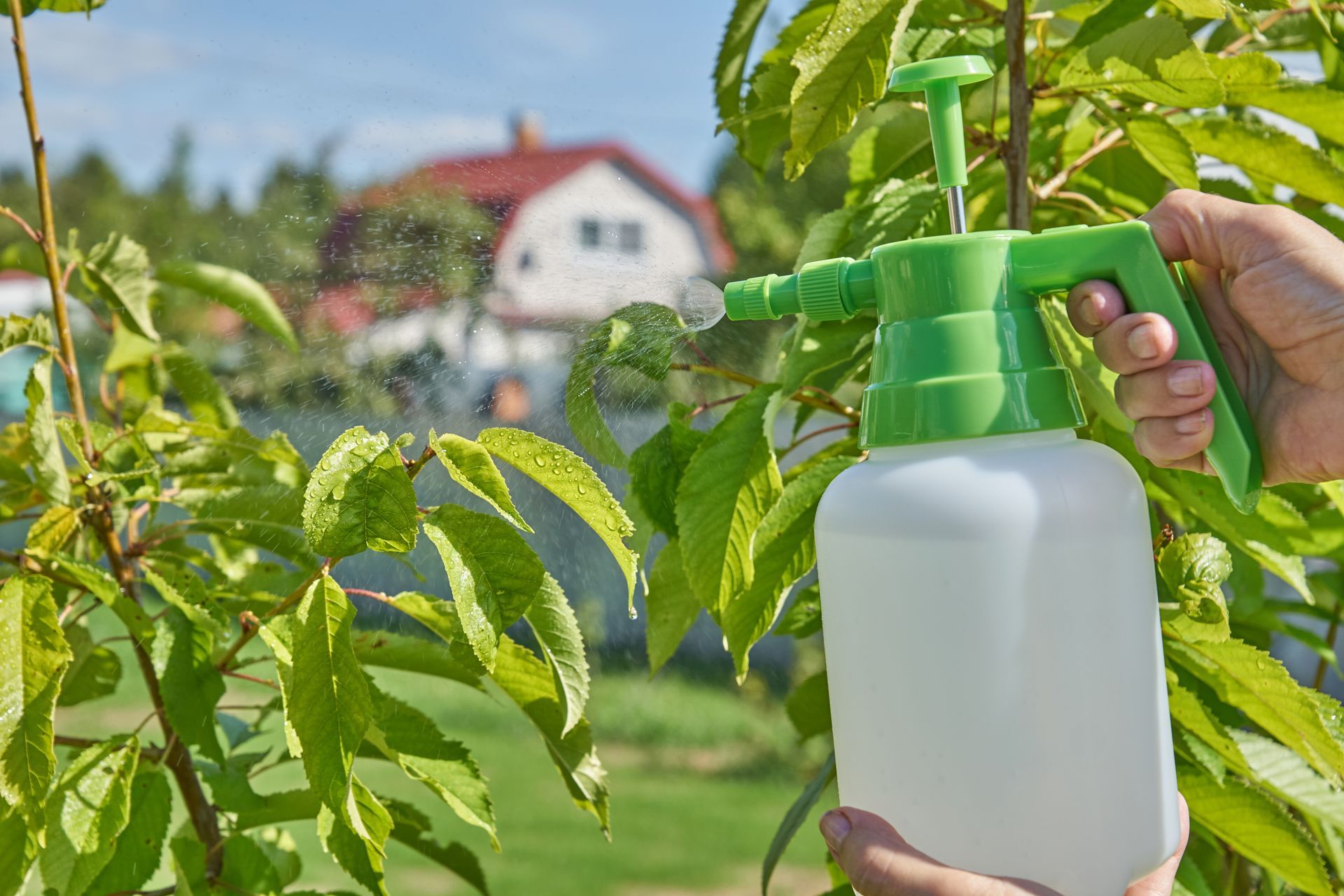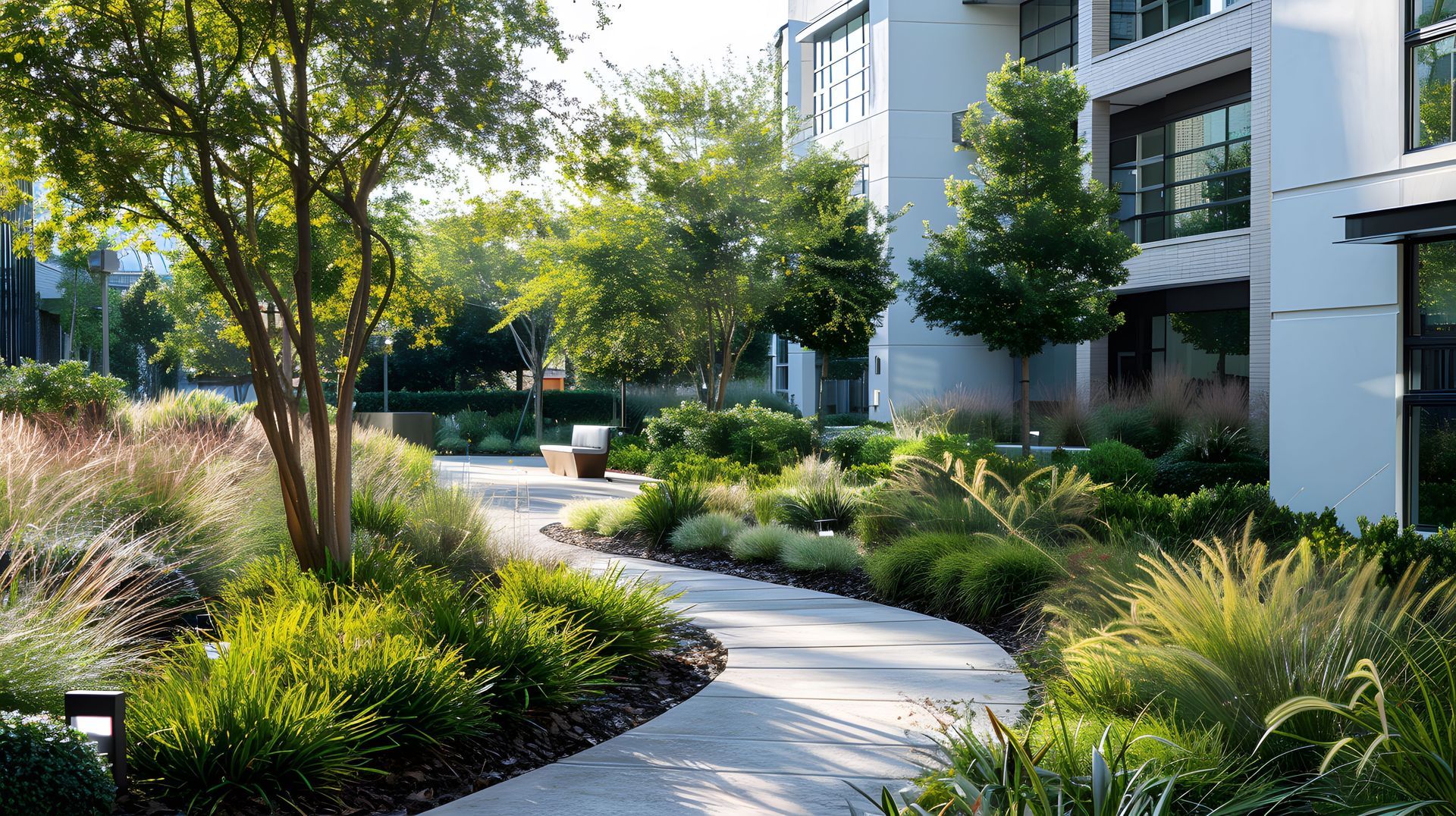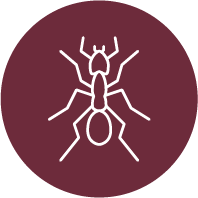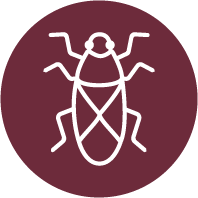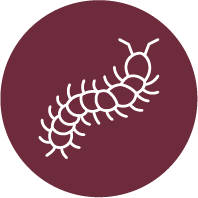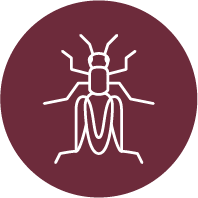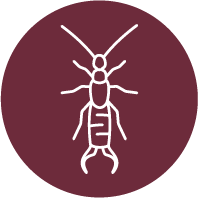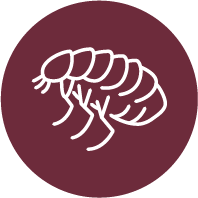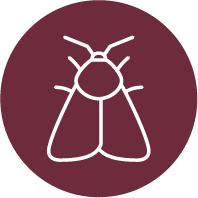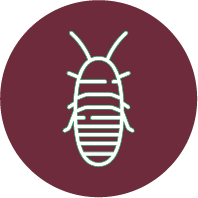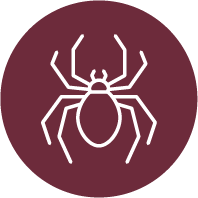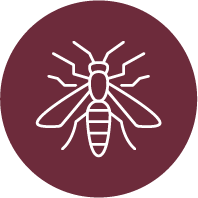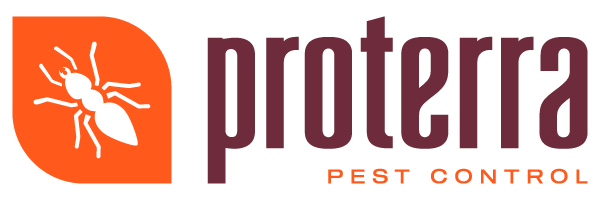Do-It-Yourself Pest Control: Effective Practices
Pests are more than just a nuisance—they can impact your health, your home, and your peace of mind. For residents of Kennewick, Pasco, and Richland, understanding safe and effective do-it-yourself (DIY) pest control methods is essential, especially as the Tri-Cities’ climate and geography create unique challenges. This guide will walk you through proven, environmentally responsible techniques to keep your home pest-free, while also explaining when it’s best to call in the professionals at Proterra Pest Control.
Understanding Tri-Cities Pest Challenges
The Tri-Cities region, with its semi-arid climate and seasonal temperature swings, is home to a variety of pests including ants, spiders, rodents, and wasps. According to the CDC, pest activity tends to increase during the warmer months, making spring and summer prime times for infestations. Knowing which pests are common in your area is the first step in developing an effective strategy for prevention and control.
Proactive Prevention: The Foundation of DIY Pest Control
The most effective DIY pest control begins with prevention. Simple changes in and around your home can drastically reduce the likelihood of a pest problem. Start by inspecting the exterior of your home for cracks, crevices, and gaps around doors and windows. Sealing these entry points with weather-resistant caulk or weatherstripping can block pests before they gain access.
Maintaining a clean home is equally important. Food crumbs, garbage, and standing water attract pests such as ants and cockroaches. Store food in airtight containers, take out the trash regularly, and fix leaky pipes to eliminate water sources. Yard maintenance is also crucial; keep grass trimmed, remove yard debris, and store firewood away from your house to reduce hiding places for rodents and insects.
Natural Deterrents for Common Pests
Many everyday household items can act as natural pest deterrents. For example, vinegar is effective against ants due to its strong scent, which disrupts their scent trails. Mix equal parts vinegar and water and use it to wipe down surfaces where ants are commonly seen. Essential oils such as peppermint, tea tree, and eucalyptus are also known to repel spiders and mosquitoes. Add a few drops to water in a spray bottle and apply around windows, doorframes, and other entry points.
For rodents, cotton balls soaked in peppermint oil placed in attics, basements, or under sinks can help keep mice away. Studies have shown that the strong aroma is a natural repellent for rodents, making it a safe and eco-friendly solution.
Homemade Pest Repellents That Work
Creating your own pest repellents is not only cost-effective but also safer for your family and pets. For a simple fly deterrent, combine water with a few drops of lavender or citronella oil in a spray bottle. Mist around doorways and windows to keep flies at bay.
For garden pests such as aphids and spider mites, a mild soap spray can be very effective. Mix one teaspoon of gentle dish soap with one quart of water and apply to affected plants. Be sure to test a small section first to ensure the solution doesn’t harm your plants.
Diatomaceous earth is another natural option for crawling insects like ants and earwigs. This fine powder, made from fossilized algae, damages the exoskeletons of insects, causing them to dehydrate and die. It’s safe for use around pets and children when applied as directed, and highly effective when sprinkled around entry points and in cracks.
Signs That DIY Methods Aren’t Enough
While many pests can be managed with regular cleaning and natural deterrents, there are situations where professional intervention is necessary. A persistent infestation—such as recurring ants, large numbers of spiders, or evidence of rodents—often signals a larger problem that DIY methods can’t resolve. According to the Centers for Disease Control and Prevention (CDC), rodents can carry diseases and cause significant property damage, making swift professional action essential.
Additionally, certain pests like wasps and hornets can pose a direct health risk, especially for those with allergies. Attempting to remove nests without proper equipment can be dangerous. If you notice signs of termites, large wasp nests, or an ongoing rodent issue, it’s time to contact a local expert.
The Value of Professional Pest Control
DIY efforts are an important first line of defense, but professional pest control offers several long-term advantages. Experts like the Proterra Pest Control team use targeted, environmentally responsible methods tailored to the specific pests found in the Tri-Cities area. Regular inspections and treatments can prevent future infestations, protect your property, and provide peace of mind.
Professional services are especially valuable for homeowners with recurring pest issues or those looking to avoid the risk of improper DIY treatments. Homeowners who used professional pest control also tend to report a significant reduction in pest activity and increased satisfaction with their living environment.
Keeping Your Home Pest-Free Year-Round
Effective pest control for Kennewick, Pasco, and Richland residents starts with proactive prevention and safe, natural remedies. By maintaining cleanliness, sealing entry points, and using homemade repellents, you can reduce your risk of infestations. However, recognizing when to seek professional help is crucial for your family’s safety and the long-term health of your home.
If you’re dealing with stubborn pests or simply want the reassurance of expert care, reach out to the friendly team at Proterra Pest Control to schedule an inspection or learn more about our eco-friendly services. With the right combination of DIY methods and professional support, you can enjoy a pest-free home in the Tri-Cities throughout every season.
For more pest prevention tips and updates tailored to the Tri-Cities, be sure to check out our blog or connect with us on Facebook. Your home deserves the best protection—naturally and effectively.
